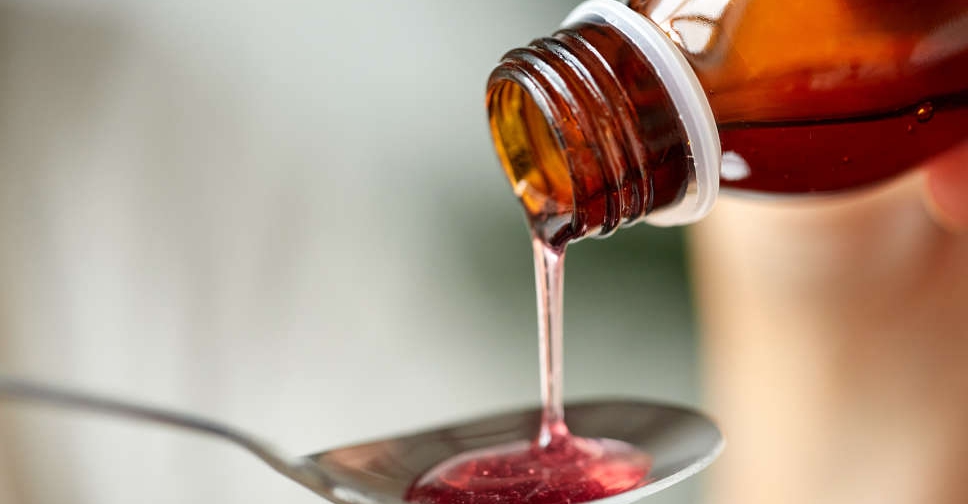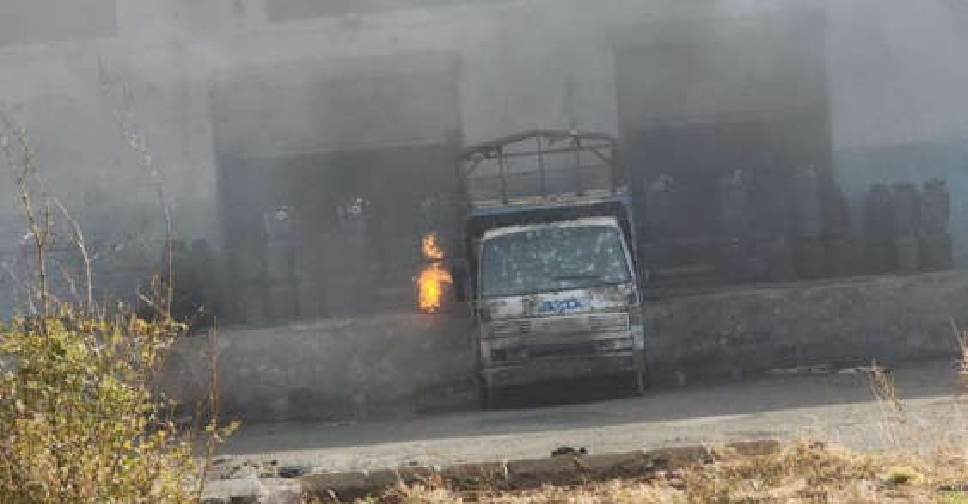
Contaminated cough and paracetamol syrups imported into Gambia almost certainly caused the deaths of 66 children due to acute kidney injury, according to an investigation led by the United States Center for Disease Control and Prevention and Gambian scientists.
The links between the children's deaths and contaminated medicines first came to light in October, when the World Health Organization sent out an alert saying four cough syrups made by India's Maiden Pharmaceuticals Ltd contained toxic levels of diethylene and ethylene glycol and should be withdrawn.
The new investigation "strongly suggests" that medicines contaminated with the toxins, imported into Gambia, led to the cluster of acute kidney injury among 78 children. Most were aged under 2, and 66 died between June and September 2022. Four more children have since died, bringing the official toll up to 70.
Maiden has denied its drugs were at fault for the deaths in Gambia, and the Indian government has said the syrups showed no contamination when it tested them. Production at the factory was stopped in October, but the company is now seeking to restart work.
The report, published in the New England Journal of Medicine on Thursday, reached its conclusions by looking at medical records of patients where available, as well as interviews with their parents and caregivers. It also says other evidence, such as the tests of the medicines, the wide geographic spread of the cases, and the fact that the illness did not spread to adults, pointed towards a toxin rather than an infectious agent.
There have been a number of poisonings linked to diethylene and ethylene glycol in the past in countries including Haiti and Nigeria, but the report says this is the first known incident when imported medicines were at fault rather than domestically developed drugs.
"This likely poisoning event highlights the potential public health risks posed by the inadequate quality management of pharmaceutical exports," the report said.
Since the deaths in Gambia, 201 children have also died in Indonesia, and 19 in Uzbekistan, linked to different manufacturers' contaminated cough syrups.



 15 Turkish-backed fighters killed by Kurdish forces in Syria
15 Turkish-backed fighters killed by Kurdish forces in Syria
 One dead, three injured in Lithuania cargo plane crash
One dead, three injured in Lithuania cargo plane crash
 One Lebanese soldier killed, 18 hurt in Israeli strike on army centre
One Lebanese soldier killed, 18 hurt in Israeli strike on army centre
 Netanyahu condemns settler violence on IDF in West Bank
Netanyahu condemns settler violence on IDF in West Bank
 Russian plane evacuated in Turkey as engine catches fire
Russian plane evacuated in Turkey as engine catches fire







